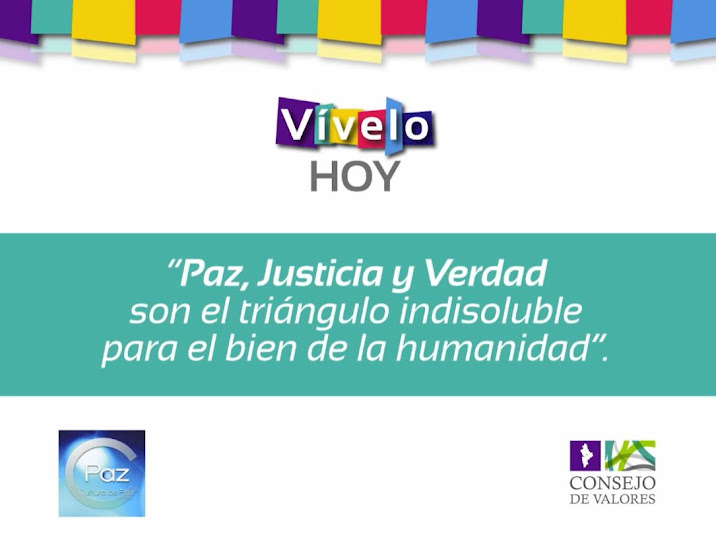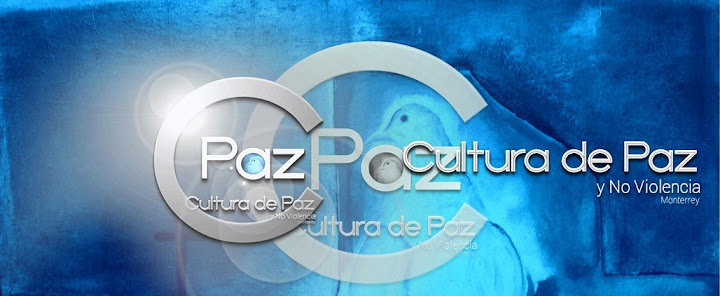2014: there are conflicts old and new crying for solution and conciliation,
not violence; with reasonable, realistic ways out.
Take the South Sudan conflict between the Nuer and the
Dinka. We know the story of the borders
drawn by the colonial powers, confirmed in Berlin in 1884. Change a border by splitting a country–referendum
or not–and what do you expect opening Pandora’s Box? More Pandora.
There is a solution: not drawing borders, making them
irrelevant. The former Sudan could have
become a federation with much autonomy, keeping some apart and others together
in confederations-communities, also across borders. Much to learn from Switzerland, EU and ASEAN.
Take the Maghreb-Mali+ complex: a road to peace runs through
Tuareg high autonomy and confederations of the autonomies, in addition to the
state system. Proceeds from natural resources–oil, uranium, gold, metals–should
benefit the owners, not former colonizers–the UN task is to make the West
comply with the socio-economic human rights.
Take what is called the last colony (well, Ulster?, Palestine?):
Sahraoui, Spain’s shame not having decolonized; the UN Charter Art. 73 formula
is not perfect but differential treatment is unacceptable.
Take Ceuta-Melilla, “Spanish” enclaves in Morocco and Gibraltar
“English” enclave in Spain: use the Hong Kong formula with sovereignty to the
owners, flag and garrison, and leave the system as it is.
Internationalize them with Tanger, an archipelago benefiting
all.
Geography and history matter; sovereignty for one, system for
the other. Not a bad formula for
Falkland/Malvinas or Northern Ireland, with a reborn Republic of Ireland in a
Confederation of British Isles.
Back to Berlin 1884, institutionalizing the outrageous
sociocide, with genocide and ecocide, perpetrated on Africans on top of
centuries of Arab-West slavery. But, do
not forget the Congress of Berlin six years earlier, 1878, doing the same to
the Balkans, with the infamous Article 25 giving the Dual Monarchy,
Austria-Hungary, the right to occupy and administer Bosnia-Herzegovina
temporarily. On October 6, 1908 they did exactly that; Turkey and Russia both
being weak. What do you expect when
annexing someone’s land? A resistance
movement of course, and ultimately, on 28 June 1914, the sacred date to the
Serbs, having been defeated by the Turks 525 years earlier: Two shots in
Sarajevo.
One century later “historians” (who pays their salaries,
States?) see the shots as the cause of World War I, not what caused the shots;
like seeing the terrorists, not what causes terrorism. Then as now the same two stories, nations
made prisoners of states, and states-peoples made prisoners of empires. Sarajevo used against terrorism.
Wilson used self-determination to dismantle the beaten Prussian,
Hapsburg and Ottoman empires; but not the victors’ empires as a young Vietnamese
in Paris experiences, chased away from the US Embassy: Ho Chi Minh, claiming
the same for his people. And the US
Versailles delegation rejected that claim by Sudeten Germans against Czeckia;
accepted by England, not to “appease” Hitler, but to rectify a wrong.
What a fantastic chance for German-Austrian foreign
policy!! Start this 2014 centenary year
preparing 150 anniversary conferences, in 2028 and 2034, apologizing for 1914,
undoing some harm, letting Africans be Africans and Balkans be Balkans of various
kinds, stop blaming their victims for being unruly, restless, terrorist and so
on. The peaceful century 1815-1914: some peace! Don’t miss the chance.
But they were not alone.
In 1905 USA-Japan, Taft-Katsura (later president and prime minister) agreed
to US rule in the Philippines and Japanese in Korea, in the interest of “peace
in East Asia”, their peace, meaning rule.
A good century later the Obama-Abe (president and prime minister) uneasy
agreement about Japan’s aggressive policy.
The solution to the Korean Peninsula conflict is peace treaty
and normalization with DPRK-Democratic People’s Republic of Korea), Korean
nuclear free zone and work on the open border-confederation-federation-unitary
state continuum. If the USA fails to go
along, why not go ahead, also multilaterally and via UN?
But they were not alone: in 1917 Balfour Jewish homeland
followed the Sykes-Picot treason with four disastrous colonies. With a major difference, however, the Jews
had been there before; some title to some land, but not to an ever-expanding
Jewish state (one word away from “Jewish only”). The road to peace passes through a pre-1967
Israel with Jewish characteristics, Palestine recognized, a Middle East
Community of Israel with border countries, an Organization for Cooperation and
Security in West Asia, with Syria (an upper chamber for the many nations with
cultural autonomy–Ottoman millet), Iraq (maybe confederation, with no US
bases), the Kurds (autonomy in the four countries for some land, confederation
of autonomies), Iran (an end to Netanyahu extremism, a moderate Israel,
International Atomic Energy Agency-IAEA inspection).
Afghanistan? Full US-NATO
withdrawal, an end to foreign bases, coalition government, Swiss-style
constitution with much autonomy to villages and nations, and gender
parity. But let Afghans be Afghans.
China’s claims on sea and air space? Too much, but the Chinese had been there
before, 500-1500; some title to some sea, some air. And USA-China: direct
cooperation for mutual benefit; make it more equal. USA is cheating itself,
building warehouses, not factories.
US spying on the world: the point is not clemency for Snowden
but to drop the NSA-National Security Agency and punish those, also allies, who
broke human rights.
The West tries to get the moral high ground by changing
discourse to something they think they have and others not: democracy. Running huge colonial-imperial system against
their will? Some democracy!
Up comes a song based on a Russian folk tune By the Long Road (Those
Were the Days):
Those were the days, my friend
We thought they’d never end
We’d live the life we’d choose
We’d fight and never lose
Oh my friend we’re older but no wiser
Those were the days, oh yes, those were the days.
Yes, those were the days; now almost gone. The road has been long.
Johan Galtung. Fundador de los Estudios científicos sobre la
Paz. Director de Transcend: A Peace and Development Network y Rector de la
Transcend Peace University. Fundador del International Peace Research Institute
de Noruega. Profesor Investigador sobre Conflicto y Paz en la Universidad de
Oslo de 1969 a 1977. Mediador en conflictos internacionales (Sri Lanka,
Afganistán, Ecuador, etc.). Ganador del Premio Nobel Alternativo de la Paz en
1987 y el Premio Gandhi en 1993. Autor de más de 50 libros y más de 1,000
artículos publicados.
Johan Galtung. Transcend.org. 06/01/14
















